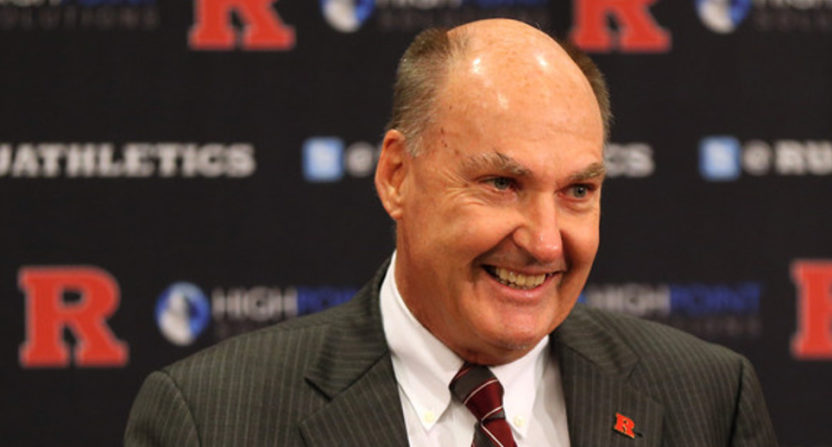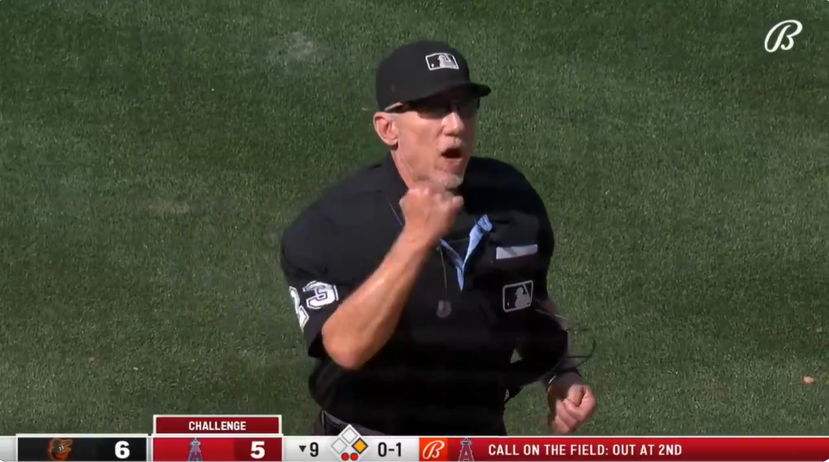The Big Ten has taken a lot of criticism this basketball season for the decision to condense its schedule, which was made mostly to play its conference tournament at New York City’s Madison Square Garden (which they had to get into a week earlier than normal thanks to the Big East Tournament having the normal end-of-season week locked up since 1983). And Big Ten commissioner Jim Delany has now said they won’t be repeating that specific plan and playing the tournament early, telling Teddy Greenstein of The Chicago Tribune that they’ll only return to MSG for the tournament if they could get their regular week (which they probably can’t any time soon thanks to the Big East) and that this plan has had negative effects for the teams and athletes.
“I appreciate the sacrifices the teams made, the impact it had on our students,” Delany said. “Wasn’t good. Wasn’t healthy. I thought starting (the conference schedule) early was OK, but if you look at our schedules (through the years), we’ve been able to give everybody two-day prep (before games) in 99 percent of the cases.
“We won’t do it again this way, and I take responsibility for asking the coaches. … If we can make it back to the Garden on a regular week, that’s great.”
However, that doesn’t mean that the Big Ten has moved away from its overall plan to chase East Coast markets. The conference has been quite focused on that over the past few years, and has been able to make more of an impact on the Big Ten Network side after adding Maryland and Rutgers. And Delany seems still high on that idea, telling Greenstein he estimates 100,000 Big Ten alumni live in New York City and a million in the “the corridor from northern Virginia to southern Connecticut” and saying that the Big Ten will play further tournaments out East, even if not at the Garden:
“I know we will be back out East. Where we will be, I don’t know. It won’t be on a regular basis. I expect that 80 percent will be in legacy territory (Chicago and Indianapolis) and probably 20 percent out East, whether it’s in D.C. or Philadelphia or New York.”
And, even if the tournament does return to its regular week next year, that may not alleviate all of the schedule-condensing concerns. Another factor involved is the new TV contracts with Fox and ESPN, which on the Fox side, have led to a push for more Friday and Monday games. That’s further exacerbated the numbers of teams that have to play two games in three days, something flagged as a particular issue by coaches like Indiana’s Archie Miller. And that probably isn’t going away; the new TV deals are giving the conference an incredible amount of money, and with that comes the requirement to play a bunch of games on particular nights.
But it’s interesting to hear Delany publicly admit that moving the tournament up a week hasn’t worked out well, and to hear him say that that particular decision won’t be made again. That doesn’t help anyone out this year, but it does provide schools with some reassurance that things will improve next season. And while there still may be plenty of Big Ten fans upset at this continual push for East Coast markets, which seems set to continue even after this deal with Delany’s comments about going to other East Coast arenas, at least the plan doesn’t seem to be to do that every year. For now, though, the Big Ten’s schools are facing extra challenges from that condensed schedule, and they’ll then have 10 to 14 days off between this early conference tournament and the start of the NCAA tournament. That’s suboptimal, and while Delany may recognize that, it’s not going to fix things this season.







